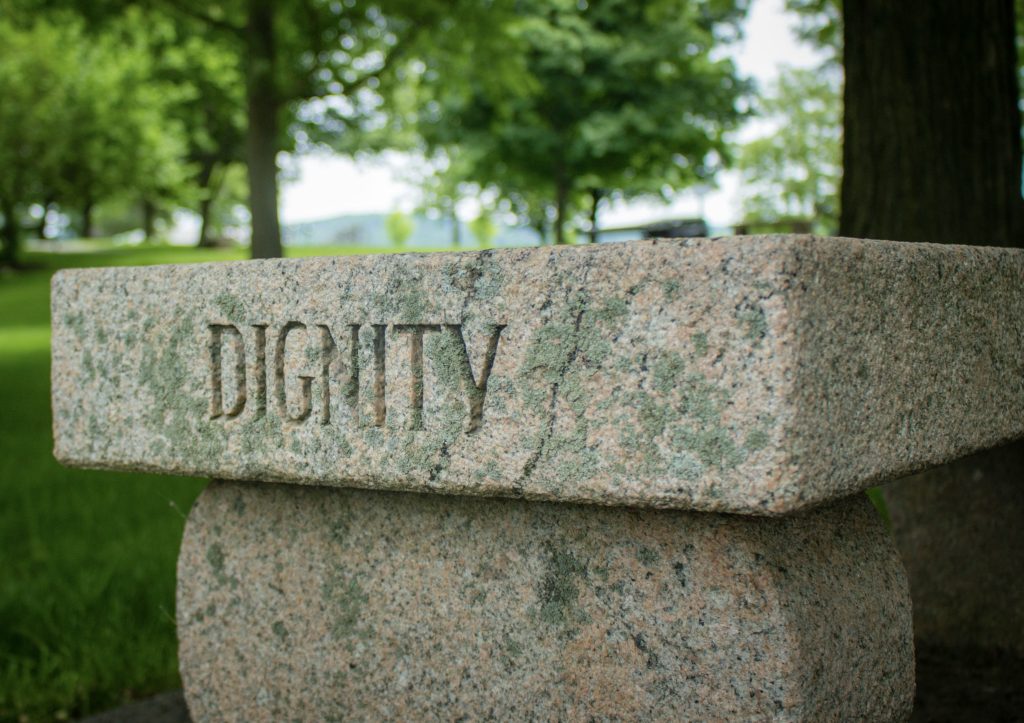
I recently came across an article in The Guardian about individuals being turned away from state-funded social care due to funding shortages. Never thought I would find myself writing on a topic with political undertones—but as a carer, I see the real impact. I see what it does to families who have support, and I see the emotional and physical toll when they don’t. What’s unfolding isn’t just a funding issue—it’s a growing crisis that undermines dignity in adult care.
We are living in a time where people are living longer than ever before—and that should be something to celebrate. We are gifted more time with our loved ones. But with longevity comes a growing need for support. More people are living with long-term conditions, frailty, and disabilities that require daily care. This isn’t a future problem—it’s happening right now.
Year after year, demand increases, while the system meant to support us is shrinking. People are being turned away, and families are left to pick up the pieces. Funding, staffing, and political attention haven’t kept pace. If we don’t act, we risk failing not only the older people and vulnerable, but ourselves—because one day, we will need care too. Growing old with dignity in adult care should never be a privilege. It should be a right.
Behind Every “No” Is a Real Person
Behind every denied care package is a person in need:
- A sister with dementia.
- A mother who can’t safely bathe alone.
- A young adult living with a lifelong disability.
When the system steps back, families are forced to step in—often with little warning, support, or rest. They become carers overnight, with no training and no choice. First, they reduce their working hours. Then they quit altogether, because care takes over everything. It strains relationships, drains finances, and takes a huge toll on mental health.
⚖️ Care and Human Rights
In the rush of daily life—juggling work, childcare, responsibilities—it’s easy to forget that what’s being lost are not just services, but fundamental rights:
- The right to live with dignity.
- The right to have a family life that isn’t consumed by unpaid care.
- The right to receive support when you need it most.
- The right to work, rest, and maintain your own health.
Even the right of young adults with disabilities to live independently becomes a distant dream. Instead, adult children move back in with ageing parents. Partners become full-time carers. Grandchildren grow up too fast, learning how to help with medication schedules and mobility aids.
These aren’t dramatic violations—they happen through a thousand small compromises. But they are human rights, recognised in both UK law and international conventions. And they are slipping away.
A Promise That Feels Hollow
We live in a country that promises dignity and equality for all. But when you or a loved one needs care, those promises start to ring hollow. The message becomes painfully clear: your rights matter less when you’re vulnerable, and your family’s rights disappear entirely when they step in to help.
The question isn’t whether we can afford to fix this.
It’s whether we can afford to keep treating human rights—and dignity in adult care—as optional extras that disappear when budgets get tight.
Social Care Is Not a Luxury—It’s a Lifeline
Talks around social care often get stuck in figures: budget cuts, eligibility thresholds, staffing shortages, but underneath it all lies a deeper issue—a human rights failure.
Social care is not a luxury or a favour. It’s a lifeline, which should be treated as a basic human right.
The Right to Live with Dignity
Everyone—regardless of age, disability, or income—has the right to live a life that is safe, supported, and respected.
That means receiving help when you can’t manage the basics on your own—getting out of bed, accessing a toilet, eating a hot meal, or living in a clean home. It means being treated like a human being, not a task to tick off in someone’s schedule. When this support is denied, people aren’t just neglected—they’re dehumanised.
The Right to Essential Care
The UN Convention on the Rights of Persons with Disabilities recognises the right to services that support independence and inclusion. Denying care because someone doesn’t meet a financial or functional threshold is a breach of that principle.
Access to care should not depend on your postcode, your savings, or whether your family can step in. It should be guaranteed—like healthcare, education, and clean drinking water.
The Right to Family Life
When the state withdraws, families are left to cope alone—with no training, no financial help, and no break.
This impacts their right to:
- Stay in paid employment.
- Look after their own health.
- Be family members, not full-time unpaid carers.
Yes, caring for a loved one can be deeply meaningful. But it should never be the result of a system failure.
⚖️ What Needs to Change?
So what can we do to make sure the most vulnerable aren’t left behind? I may have an idealistic view, but I truly believe that until we establish a legal right to social care, this crisis will only deepen.
Establish a Legal Right to Care
Healthcare through the NHS is free and universal. Social care, however, varies depending on your income and postcode. Thousands of people—especially older adults and disabled individuals—are left without essential support because they don’t meet arbitrary criteria. This postcode lottery has real, painful consequences.
🧑🦼 Reframing care as a human right would change the landscape. Imagine being able to say: “I’m entitled to help—not because I begged hard enough, but because it’s my legal right to live with dignity.”
A statutory right to care would:
- Establish clear, national eligibility standards and allow people to challenge unfair decisions.
- Shift the conversation from “What can we afford?” to “What are we required to provide?”
Care should be a public duty—not a private crisis. We don’t ask people to fund their own heart surgery—so why do we expect them to arrange basic daily support privately?
Secure Long-Term, Ring-Fenced Funding
Right now, social care is held together with short-term patches and emergency fixes. It’s unstable, inconsistent, and constantly under threat.
Every year, local authorities are forced to make impossible decisions:
- Cut respite services.
- Raise eligibility thresholds.
- Reduce carer visits.
Meanwhile, unpaid carers are pushed to breaking point, and those who need care are left to wait—or go without.
The answer? Ring-fenced, long-term funding—just like the NHS and education.
This would:
- Let councils plan ahead rather than scramble year to year.
- Protect continuity of care for vulnerable people.
- Send a powerful message: care matters. It’s worth protecting.
Let’s be clear—this isn’t just spending. It’s saving. When care fails, people end up in A&E, hospital beds, or crisis situations. A well-funded care system relieves pressure on the NHS and strengthens the economy by supporting working families. The math is simple: cutting care creates costs elsewhere.
From Cost to Contribution
We often talk about care as a number on a spreadsheet—an expense to manage or reduce. But care is so much more than that. It’s the carer who helps someone dress each morning so that they can feel like themselves again. The carer who sits quietly with someone scared, so that they don’t feel alone. It’s what lets people stay in their own homes, surrounded by memories—not hospital walls. This isn’t a cost. It’s a contribution to dignity, to health, to humanity. Care prevents crises. It keeps families together. It supports the NHS. It’s the foundation of a compassionate society—and the heart of dignity in adult care.
From Burden to Human Right
Too often, we hear care described as a burden—on families, on services, on the economy. But needing care isn’t a burden. It’s not a failure. It’s just part of life. Asking for help shouldn’t make someone feel like a problem and depend on savings or luck of where you live. Getting support when you need it should be as basic and unquestioned as turning on a tap. Care is not about charity—it’s about dignity. It’s about building a society that supports people not because it’s profitable, but because it’s right.
From Family Duty to Shared Responsibility
When care systems fail, families are left to carry the weight. They do it out of love—but love doesn’t come with a manual. There’s no pay. No time off. Often, not even sleep. We call it “family duty,” but let’s be honest—it’s system failure in disguise. Caring for someone shouldn’t mean giving up your job, your health, or your sense of self. Because no matter how much love you have, it can’t safely lift someone out of bed. And compassion doesn’t pay the bills. Care is not a private issue—it’s a shared responsibility. One that should be carried by the government, services, and communities together with families—not handed off to them. It’s time we stopped expecting families to hold the system up alone. And started building a care system that supports them, too.
Sharing is caring
